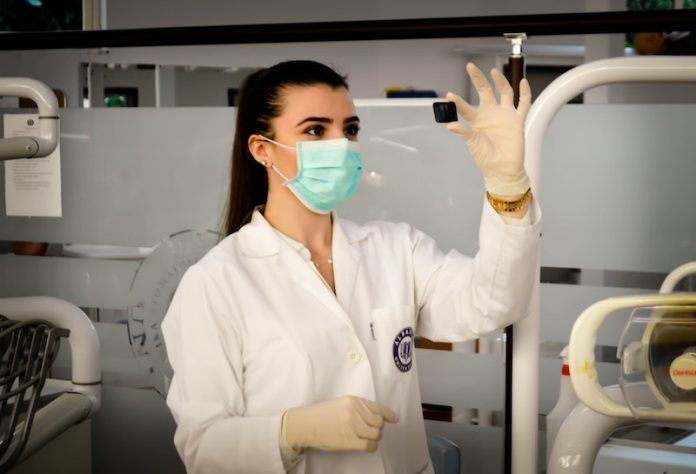
In a new study, researchers suggest that parents and clinicians need to be aware of looking for symptoms of multiple inflammatory syndromes (MIS-C) in children who have been diagnosed or exposed to COVID-19.
MIS-C is defined as an inflammation impacting two or more organ systems within the body and appears to be a late complication following an infection or exposure to COVID-19.
The research was conducted by a team at Rutgers University.
Funded by the U.S. Centers for Disease Control and Prevention, the study presents 186 cases of pediatric MIS-C from around the country and another 27 from New York State, from March 16 to May 20.
The article describes clinical characteristics, treatments, and outcomes of MIS-C.
Individuals with MIS-C can get very sick and many need therapies to support their breathing and their heart function.
Still, with proper identification and treatment, thankfully the majority of these children and adolescents get better and many do so very quickly.
The researchers found symptoms of the disease typically appear two to four weeks after the onset of COVID-19 or after exposure to the SARS-CoV2 virus that causes COVID-19.
Among the children confirmed to have had COVID-19, the median time in which inflammatory symptoms appeared was 25 days.
More than two-thirds of the children and adolescents were healthy before their experience with SARS-CoV2, and nearly four in five hospitalized with MIS-C required ICU care.
More than two-thirds of the children in the study were over the age of five. As of May 20, 70% had been discharged, 28% were still hospitalized and 2% had died.
With its frequent involvement of the heart and heart vessels, MIS-C initially came to attention as an illness similar to Kawasaki disease.
The study illustrates that these are distinct syndromes with MIS-C having more frequent and severe involvement of the heart and more typically occurring in an older population.
MIS-C most frequently involves the digestive system.
The disease is defined as the involvement of at least two organ systems, more than two-thirds of cases involved four or more organ systems.
Due to the wide range of symptoms with the disease, including fever, fatigue, rash, shortness of breath, and abdominal pain, parents should seek medical care for children and adolescents who were exposed to COVID-19 and develop these symptoms.
The researchers stress that the long-term effects of the syndrome are still unknown, as is the possibility that MIS-C exists in a milder form impacting a single organ system, or that does not require hospitalization.
They also emphasized the need for clinicians to work together both clinically and in research to expand available evidence to inform better diagnosis and treatment for children.
They also encouraged other physicians who may see patients for the first time with symptoms related to MIS-C, to reach out to experienced clinicians for assistance with diagnosis and treatment protocols.
One author of the study is Professor Lawrence C. Kleinman, chair for academic development and chief of the Division of Population Health, Quality, and Implementation Sciences in the Department of Pediatrics.
The study is published in the New England Journal of Medicine.
Copyright © 2020 Knowridge Science Report. All rights reserved.



